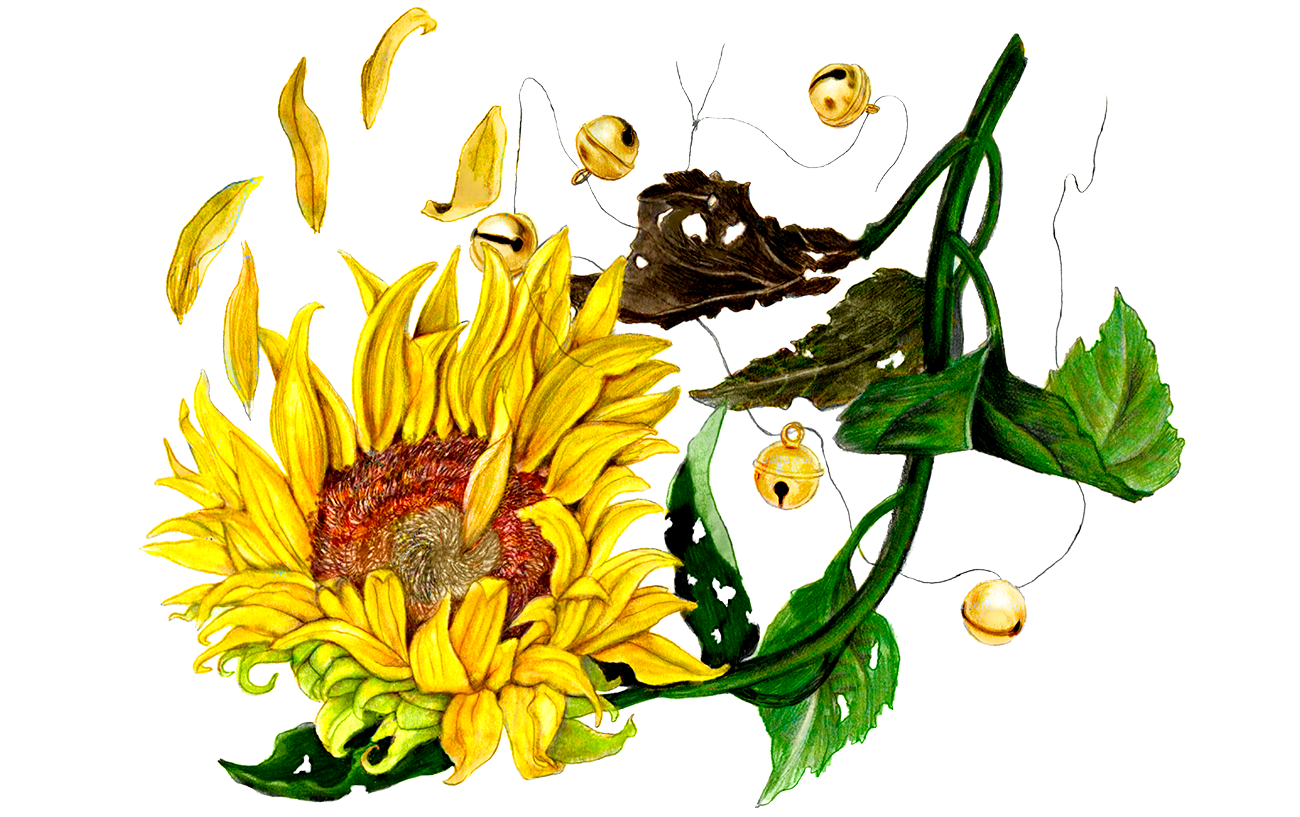
Language: Can I Speak My Mother Tongue?
Text Irina Poleshchuk Image Pauliina Mäkelä
Recent events in Ukraine have generated a lot of debate over what it means to speak “Russian”. This debate extends from Russian-speaking Ukrainians to Russian speakers all over the world.
In recent decades the Russian state has tried to weaponize the language issue in Ukraine. The Russian language continues to play a significant role in Ukraine since a big part of the country uses Russian in many aspects of everyday life. The current politization of language taking place in Russia as well as in different regions of Europe does not reflect the day-to-day reality of bilingual Ukraine. Both Russian and Ukrainian are commonly spoken and widely used throughout the country. Russian dominates in many eastern Ukrainian cities, while Ukrainian tends to prevail in rural areas and across the formerly Hapsburg lands of the west. However, the linguistic fluency of the country is such that it is not uncommon to hear both languages spoken in a single conversation, nor is it uncommon to hear a mix of Russian and other languages spoken all over Europe. These varieties include Russian with a Jewish accent and vocabulary; Russian with Estonian or Lithuanian accents; as well as a mix of Ukrainian, Belarusian, Polish and Russian expressions together.
Looking now at social and political shifts in Europe, the language question still retains the power to provoke extreme responses, even sometimes racist ones, within our society. The Russian invasion of Ukraine has deepened negative attitudes towards those who speak Russian and live in the European Union. I have heard of cases where Russian-speaking people were refused service in restaurants, or families were not allowed to participate in social events in various cities around Europe.
Yet there is something beyond the politization of the language and debates around questions of national identity and the use of language. Here I would like to share a recent experience of a visit I took to a doctor in Helsinki. The doctor first tried to communicate in Finnish, but looking at my surname, she asked me in a very quiet, discrete and polite manner if we could speak Russian, since using the language felt to her closer to the topic and more with herself. However, her manner of talking was shy, almost as if she were afraid to have a voice, as if the sound of Russian might provoke anger or rage among other people in the hospital. What does this situation show?
‘‘Looking now at social and political shifts in Europe, the language question still retains the power to provoke extreme responses, even sometimes racist ones, within our society.’’
Language discloses the various ways we are engaged in the world. Our world gets its shape in so far as it receives linguistic expressions. In giving meanings, language forms our world with all its borders, places, space and textures. In other words, one can say that the world is already present in the language. Each language contains a unique view of life and discloses different modalities of our existence. Language is always personal: each of us has our own mode of expression, our own metaphors, our own figurative forms of speech.
The disclosure of the world in language is more than a means of communication; it is also a continuous articulation of meanings in public spaces. It thus plays a constitutive role in our actions and thoughts. Compared to other creative works, this constitutive activity comprises naming, forming, grounding, and establishing a structure of the world. It is a pure articulation of the intelligibility of our environment. However, language is also embedded into the broader holistic view of how we present ourselves in the world. It articulates a background awareness, a primordial sensibility, because linguistic expressions have a kind of sense that underlies language’s capacity to depict the world in an articulate and sensible manner. This process happens due to the use of various culturally contextualized words and sentences, as well as anecdotal, sometimes absurd, conciseness.
What happens when I am scared to speak my mother tongue? Speaking is always an intimate process. I speak Russian with only my very distinct Jewish accent from the Odesa region, with words that do not exist in the official Russian grammar. It is my way of showing my sensible being in this world, of expressing my views, my means to participate in public events but also to share the world with my daughter and those close to me. When language no longer does justice to our experiences, the fear of speaking becomes dangerous. Non-speaking locks us within ourselves, and collapses us into inwardness. Non-speaking cuts us off, as people, from the life horizon, and makes it impossible to see the world directly in the way it is presented by language as being. We should remember that each language is a unique garden of meanings which imbues our culture, and it is by speaking, by using our voice, that we grow this garden.


Leave a Reply